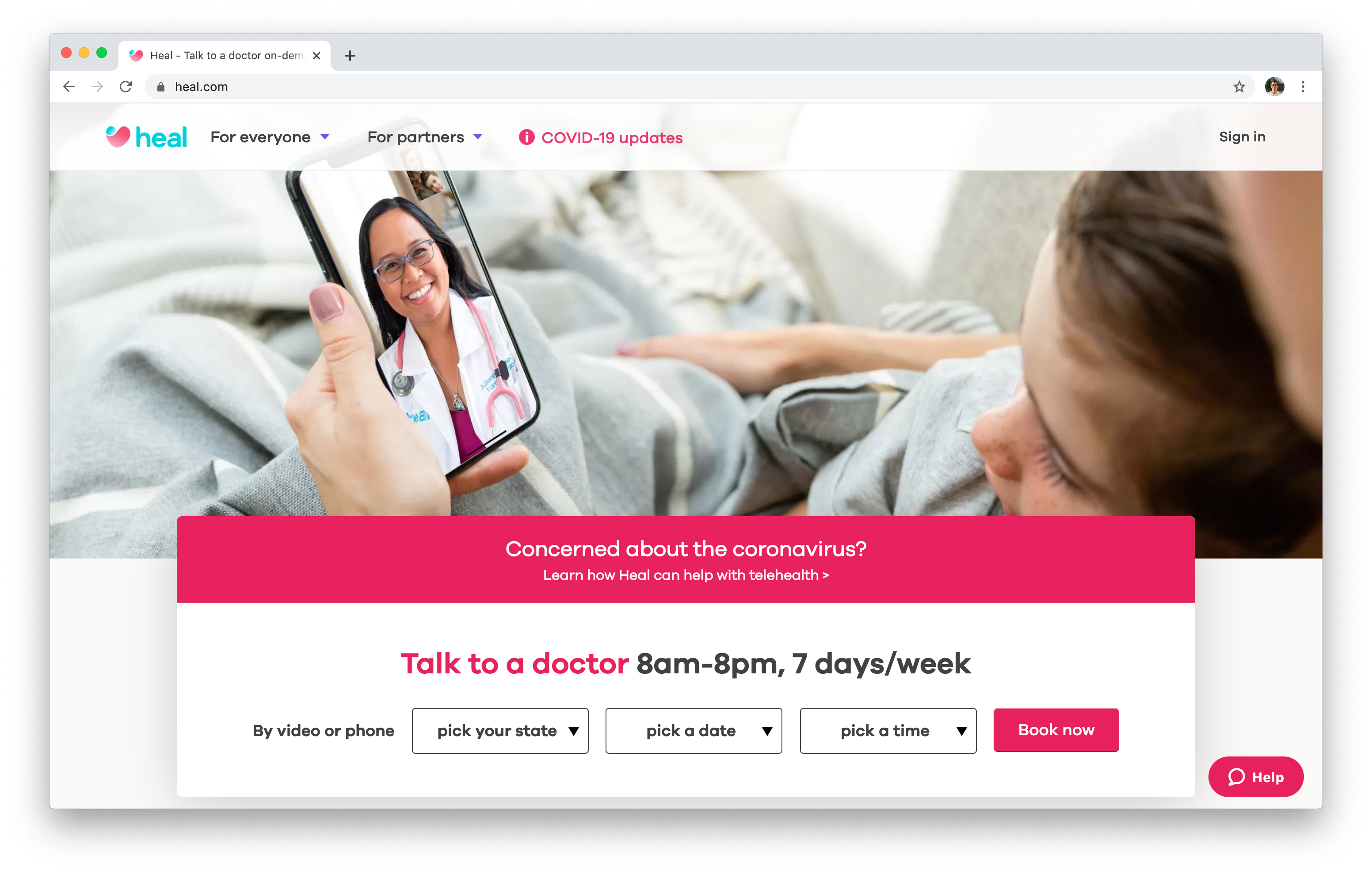The Impact of Subscription Based Healthcare on Conventional Medical Practices
The Impact of Subscription Based Healthcare on Conventional Medical Practices
Blog Article
The Rise of Subscription-Based Medical Care and Its Effect On Individual Treatment
As healthcare advances, the subscription-based design is obtaining traction, promising to change person care by offering predictability and accessibility. The possibility for these models to improve medical care shipment elevates pressing questions concerning their long-lasting sustainability and inclusivity. Are these registration services the future of medical care, or do they run the risk of leaving vulnerable populaces behind?
Understanding Membership Healthcare Designs
Understanding the principle of subscription health care models includes examining a transformative strategy to medical solutions that emphasizes cost and accessibility. These designs, typically described as direct health care (DPC) or concierge medication, have become cutting-edge alternatives to traditional fee-for-service healthcare systems. Membership medical care enables people to pay a fixed regular monthly or yearly fee for a defined collection of clinical solutions, which might include unrestricted office sees, regular check-ups, and basic lab tests, without the demand for traditional insurance coverage payment.
The framework of subscription healthcare designs is made to streamline client care by getting rid of third-party payers and complicated invoicing codes, therefore lowering management burdens. Doctor can concentrate extra on person treatment, cultivating more powerful patient-provider partnerships. This design likewise promotes preventative care by motivating regular brows through, as the financial challenge of per-visit charges is removed.
The registration version typically equips health care suppliers to take care of smaller sized individual panels, enabling more personalized treatment. It lines up monetary incentives with patient wellness results, as companies are inspired to maintain person contentment and wellness. In general, understanding registration health care models calls for identifying their prospective to improve exactly how care is supplied and accessed.
Benefits for Patients and Carriers

With a steady income stream, medical care specialists can commit more time to each individual, leading to a much more individualized and extensive treatment experience. The focus on preventive treatment within membership strategies can lead to far better patient results and reduced long-lasting healthcare costs.
Challenges and Problems
While subscription-based medical care designs present numerous advantages, they likewise feature a collection of obstacles and issues that must be resolved. Accessibility stays a substantial problem, as these models often target individuals that can afford regular monthly costs, possibly excluding low-income populations. This increases ethical questions about equitable accessibility to healthcare solutions. In addition, the varied nature of subscription strategies can result in confusion among individuals relating to coverage specifics, possibly causing unmet expectations or poor treatment.
Financial sustainability of subscription-based designs is one more issue. Carriers must stabilize the set income from memberships with the variable costs of health care services, which might rise and fall due to unanticipated medical requirements. This can create stress to limit services or rise fees, potentially influencing patient complete satisfaction and care high quality.
Furthermore, regulative oversight of subscription-based medical care versions is still evolving. The lack of standardized structures can cause inconsistent solution top quality and accountability, making complex initiatives to guarantee person protection. Lastly, the combination of technology-- often a foundation of these versions-- questions regarding information privacy and safety, as delicate person info can be susceptible to violations. Resolving these challenges is crucial for the successful and fair application of subscription-based health care.
Impact on Patient-Doctor Relationships
One significant impact of subscription-based medical care designs on patient-doctor relationships is the possibility for boosted connection and individualized treatment. By taking on a registration model, physicians can handle a smaller patient panel, enabling for even more specialized time with each person. This increased accessibility cultivates a much deeper understanding of an individual's medical history, way of life, and choices, making it possible for more tailored treatment strategies and interventions.

Nevertheless, it is crucial to acknowledge that while subscription-based models may profit those who can afford them, they could inadvertently expand health care differences. Individuals who are incapable to take part in these versions may experience reduced accessibility to customized care, possibly impacting their relationships with doctor. Therefore, while the subscription version provides promising advantages for patient-doctor connections, it also postures challenges that require to be dealt with to make sure equitable health care access.
Future of Medical Care Access

The function of innovation can not be ignored in this makeover. Telemedicine systems and electronic health and wellness records help with smooth interaction between clients and doctor, damaging down logistical and geographical obstacles. Furthermore, improvements in expert system and data analytics can further personalize treatment by anticipating individual requirements and enhancing treatment strategies.
Nonetheless, the future of health care gain access to also presents obstacles, such as making certain click here for more equity throughout different socio-economic groups. Policymakers and medical care carriers have to work together to bridge the electronic divide, making certain that subscription-based designs remain inexpensive and comprehensive. As these systems develop, they hold the guarantee of making medical care a lot more easily accessible, efficient, and patient-centric.
Conclusion
Subscription-based medical care models are improving patient treatment by providing a steady price structure and improving accessibility. These versions reinforce patient-provider relationships with personalized care and regular brows through, emphasizing preventative wellness. Regardless of these benefits, challenges such as ease of access problems for low-income populations and the need for equitable health care remedies linger. The rise of subscription-based health care urges proactive client engagement, which has the prospective to improve client results and complete satisfaction, signaling a transformative shift in medical care distribution.
As healthcare progresses, the subscription-based design is obtaining traction, promising to revolutionize individual care by offering predictability and ease of access.Subscription-based health care models supply distinctive benefits for both individuals and companies, boosting the general healthcare experience.As medical care Find Out More systems evolve, the future of health care gain access to regularly hinges on the integration of ingenious models and technologies.Subscription-based medical care models are reshaping patient care by offering a stable cost framework and improving accessibility. The surge of subscription-based healthcare encourages aggressive person engagement, which has the possible to enhance client results and contentment, signifying a transformative shift in healthcare distribution.
Report this page